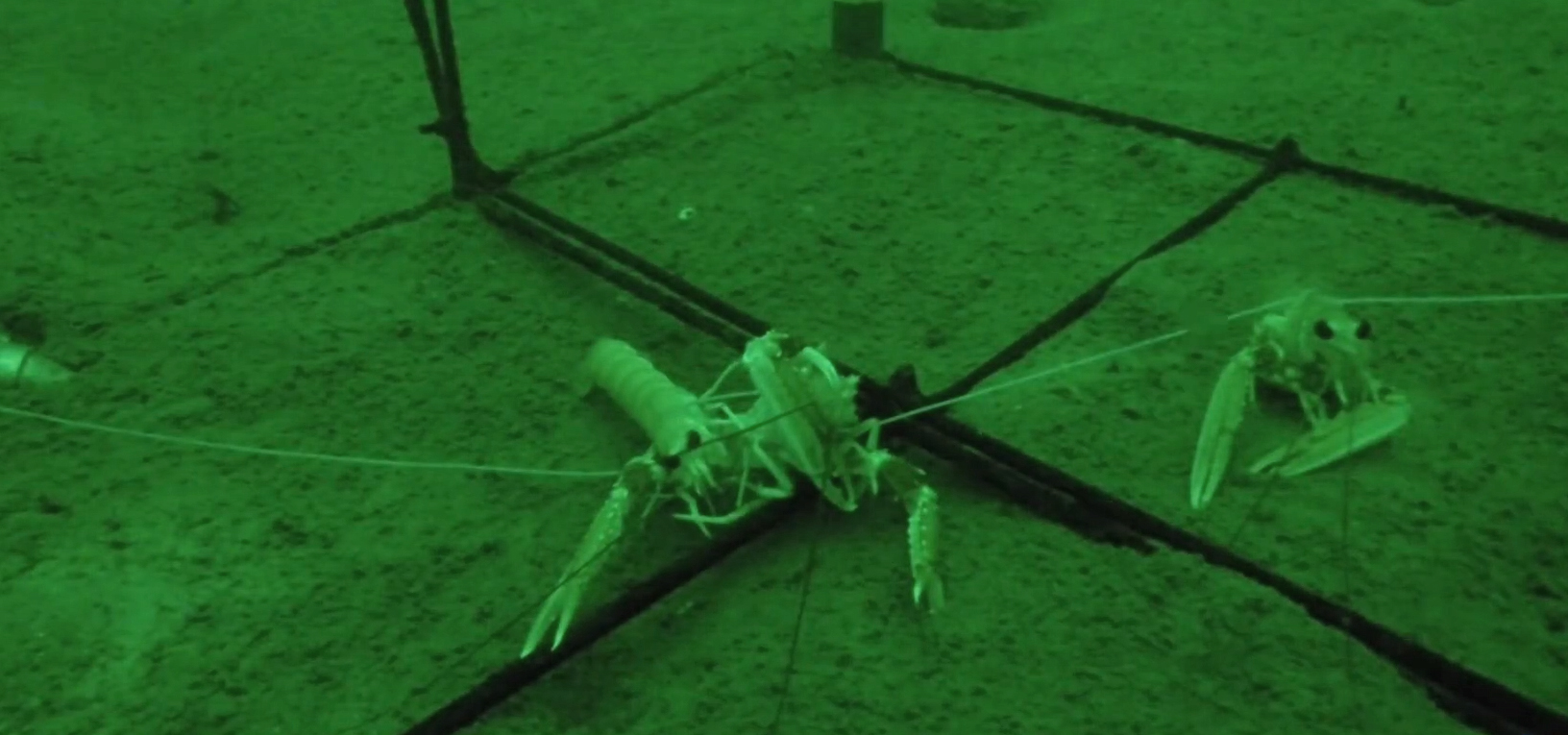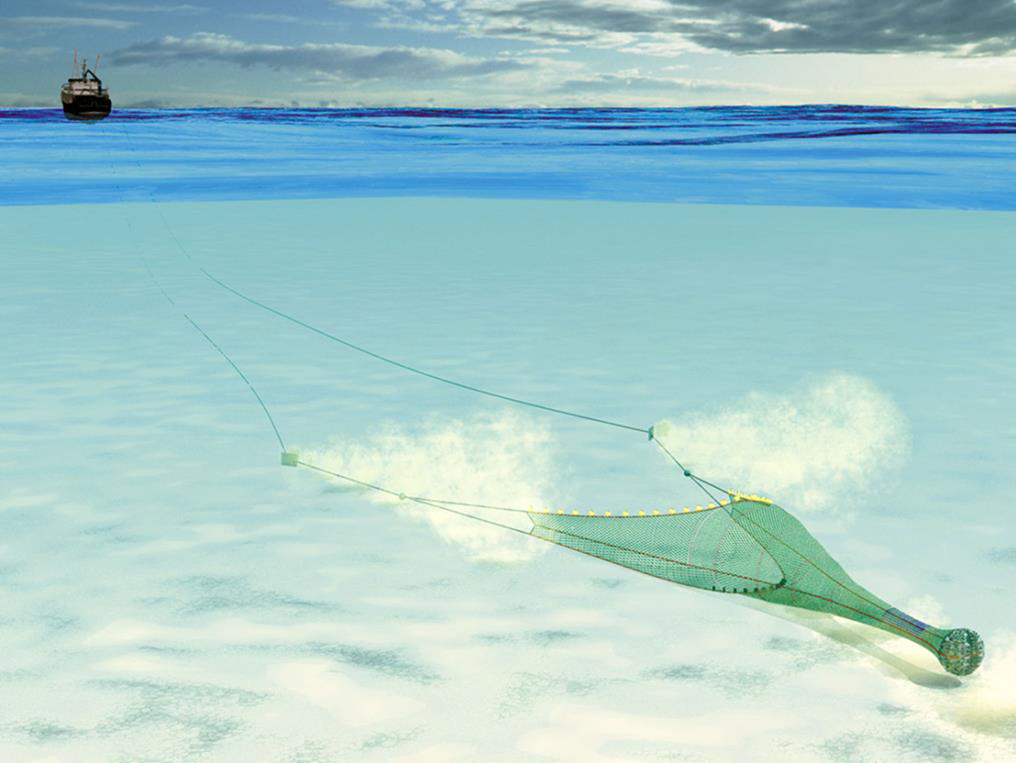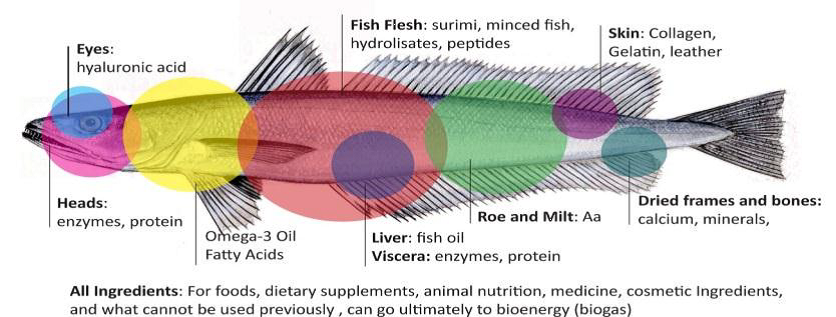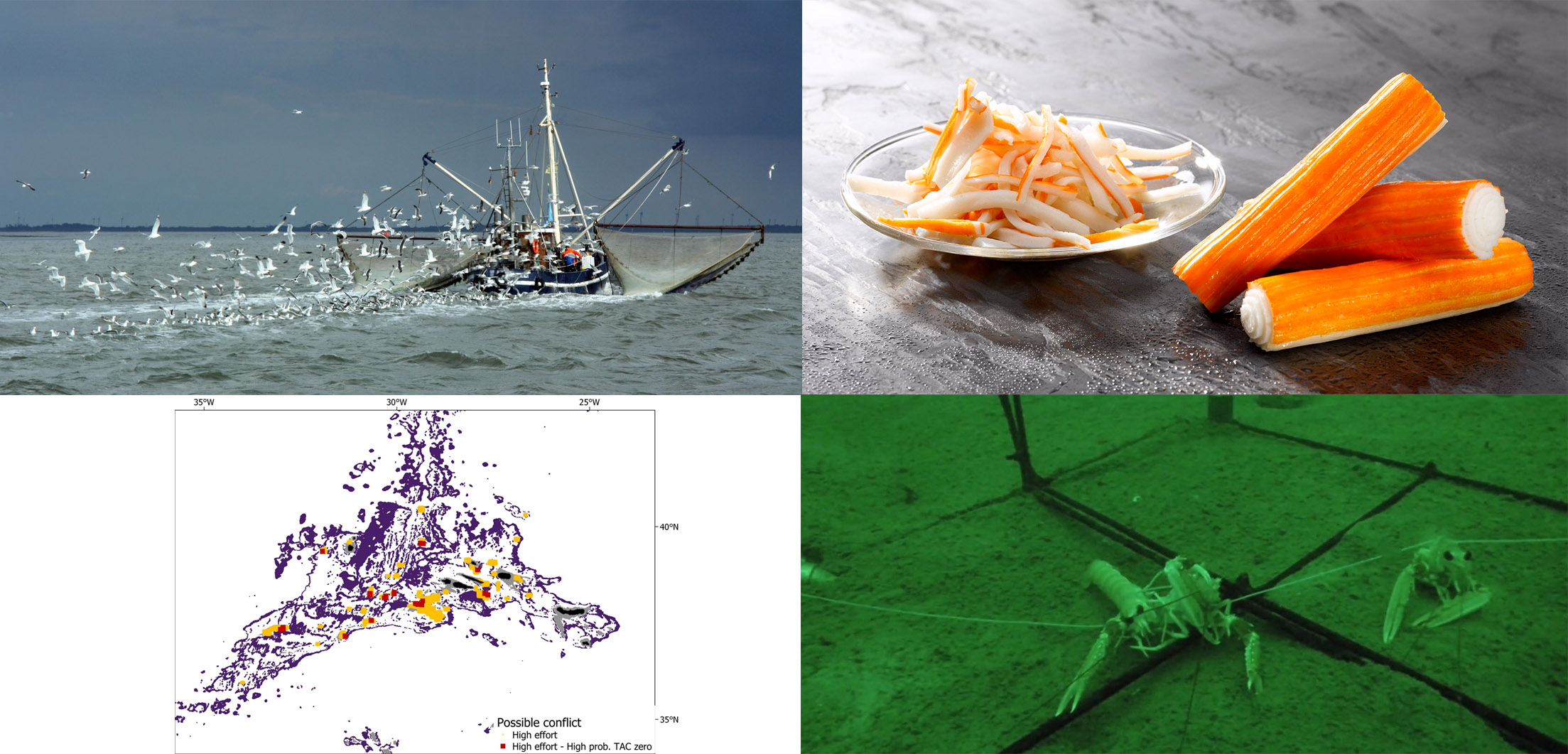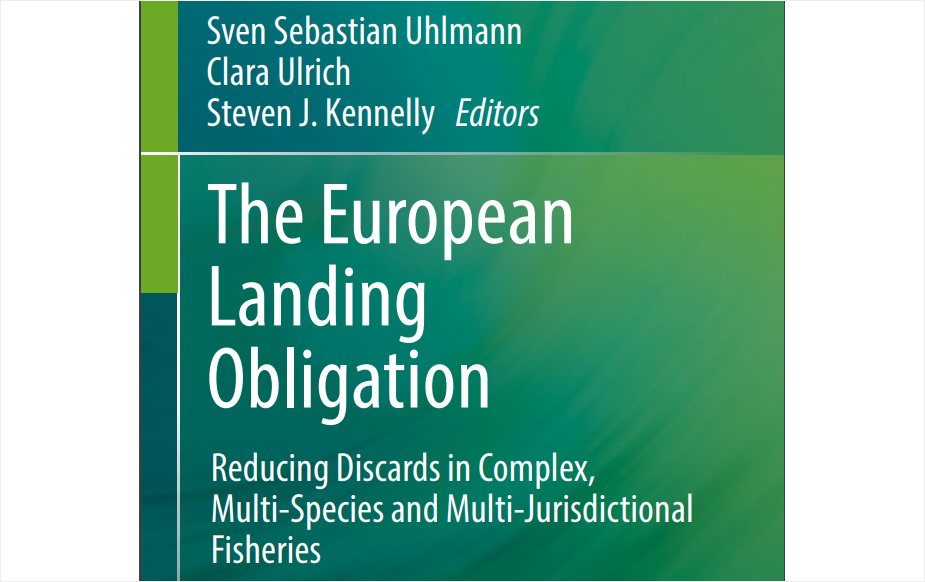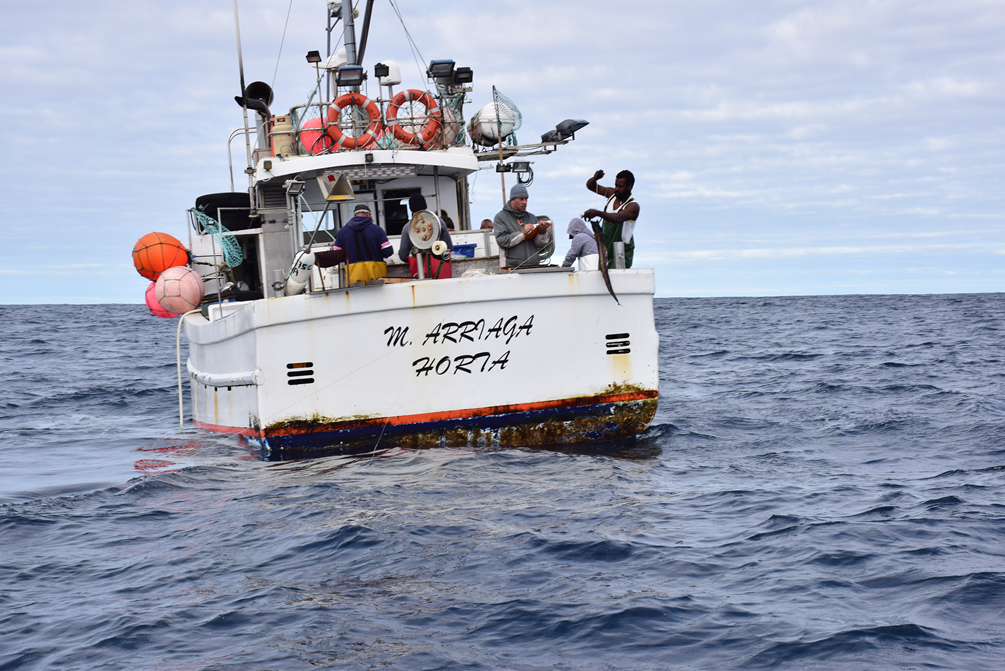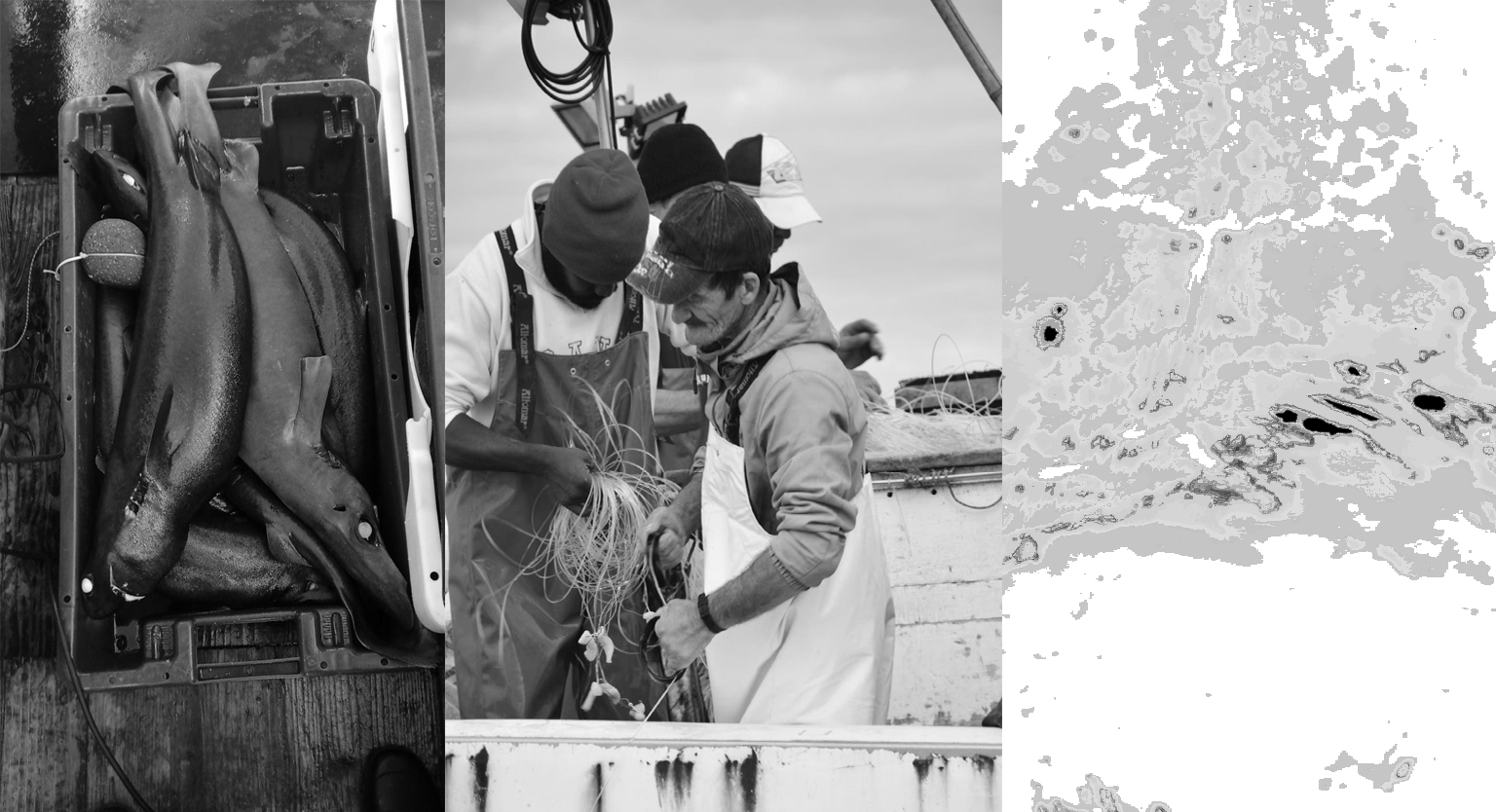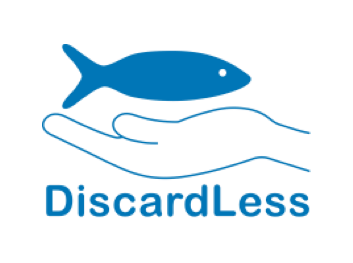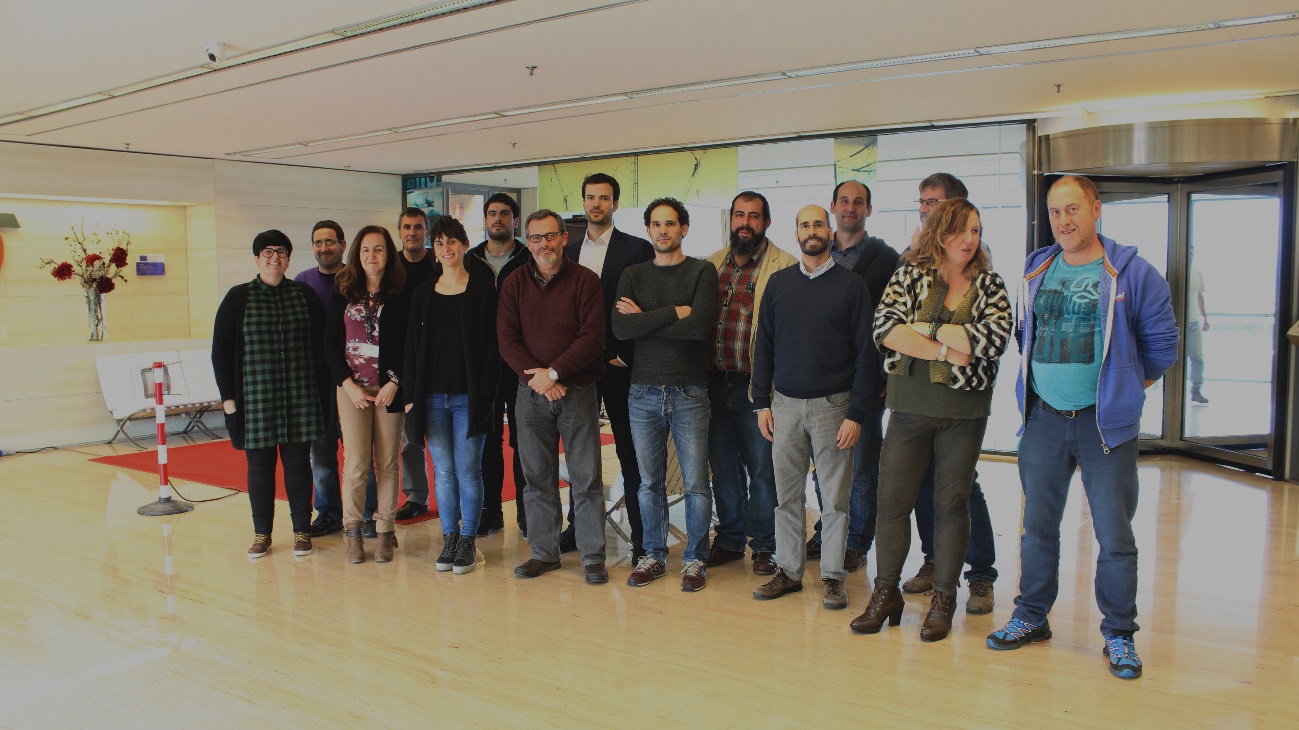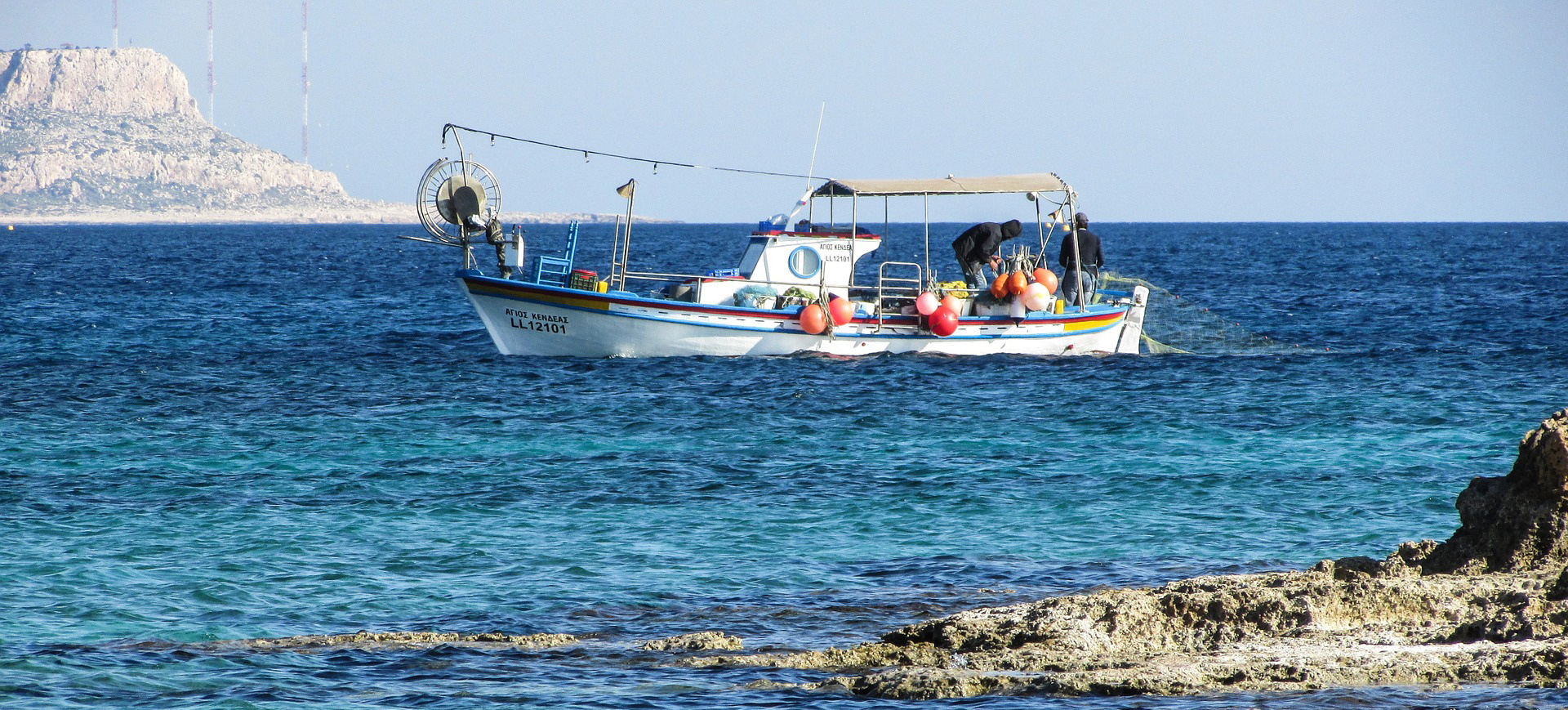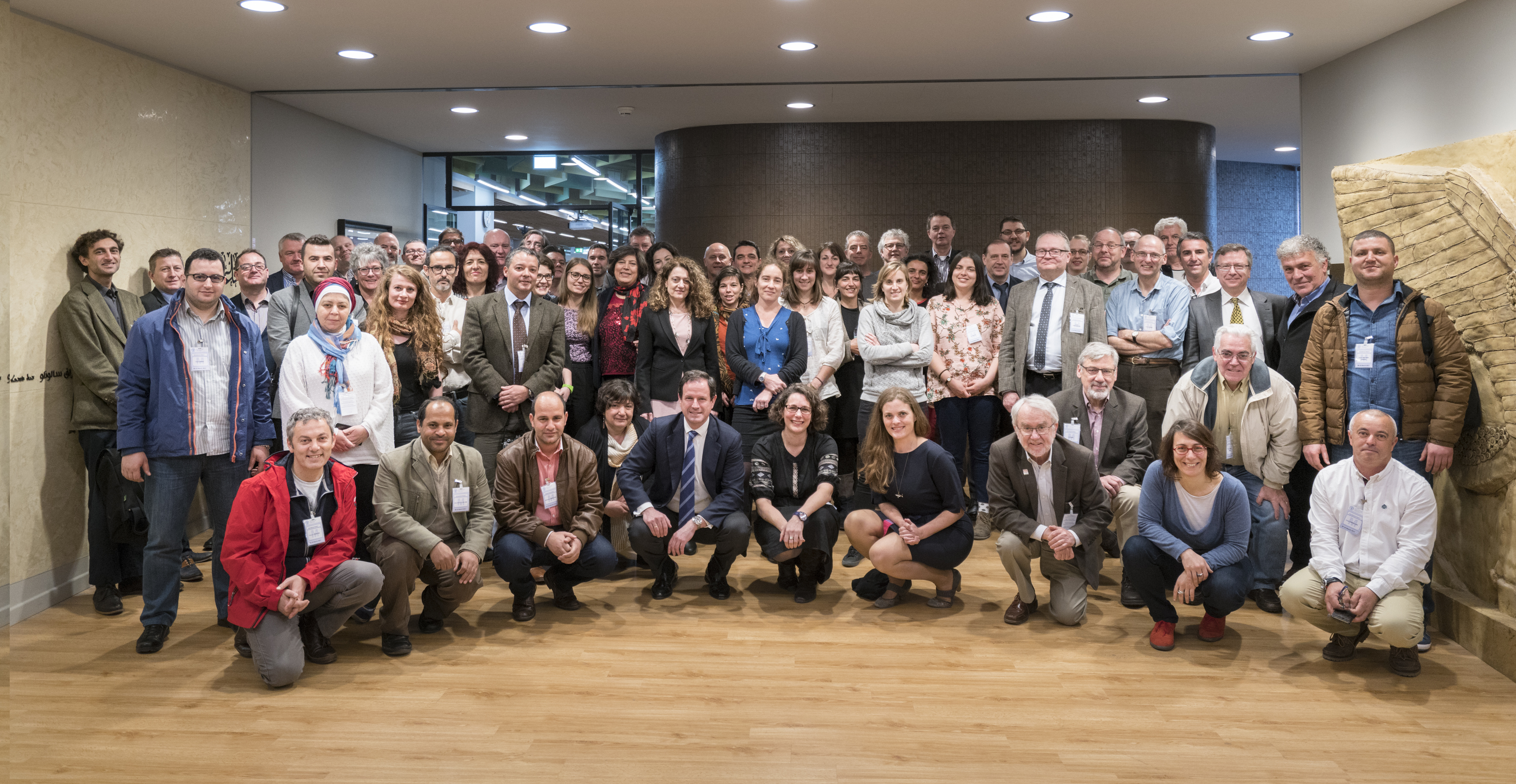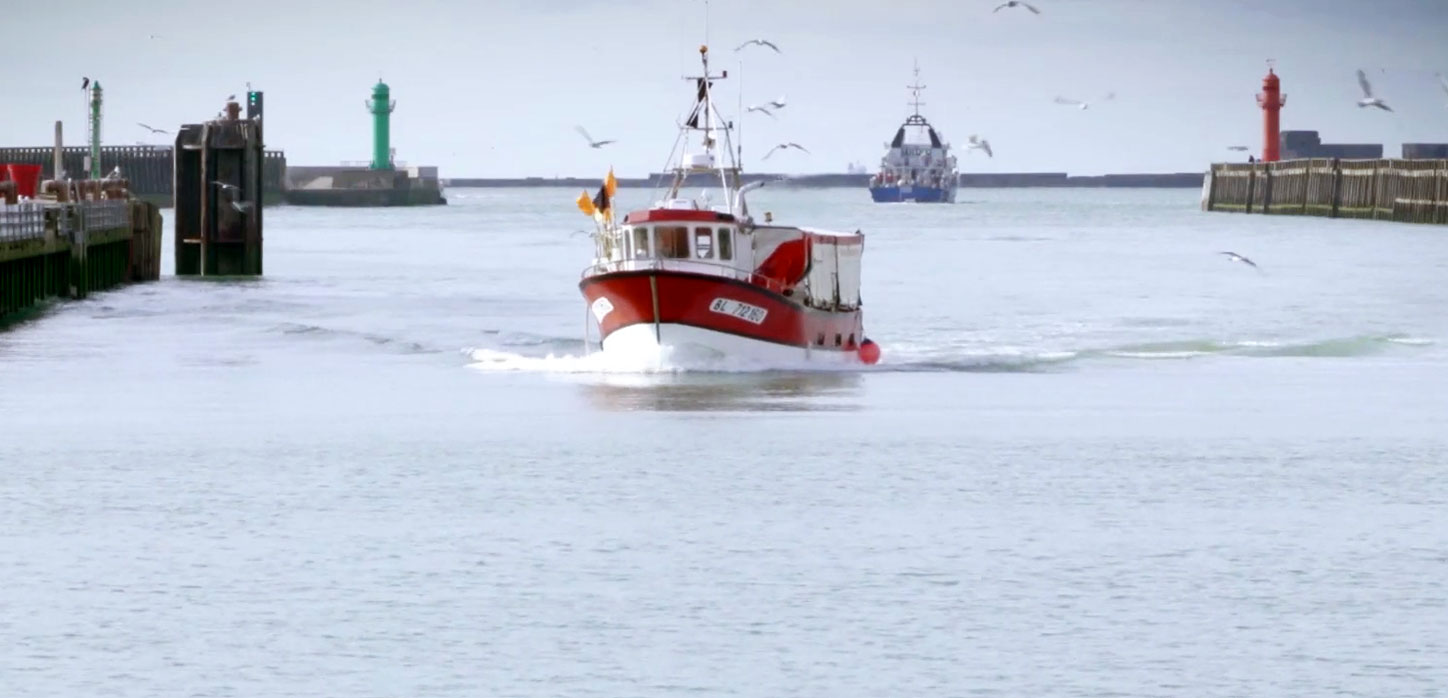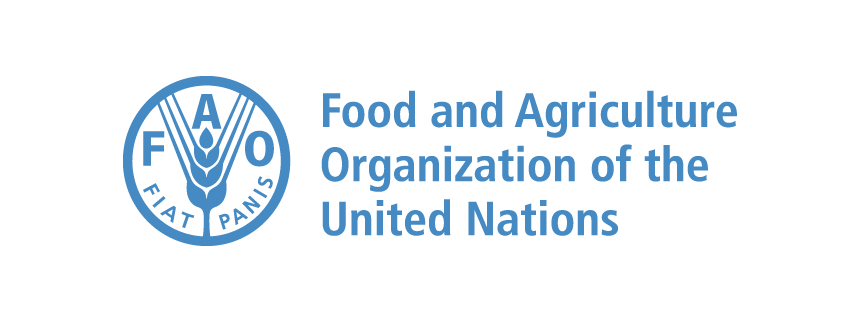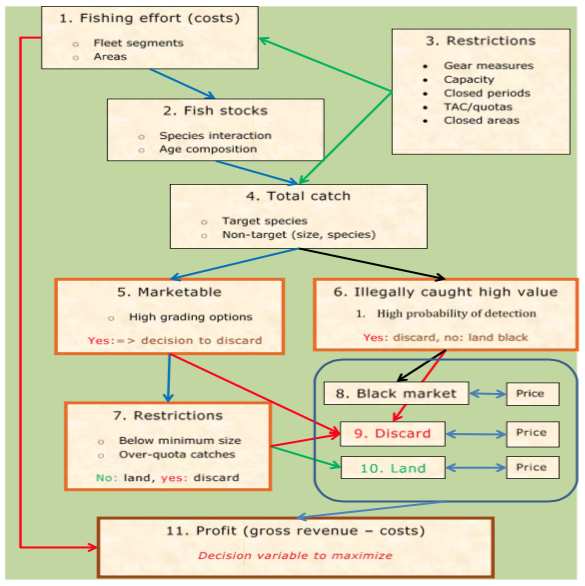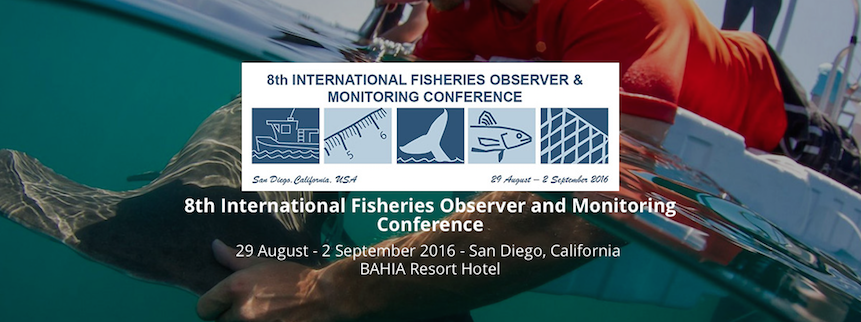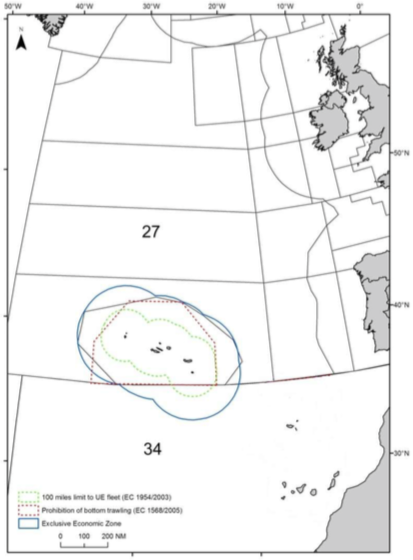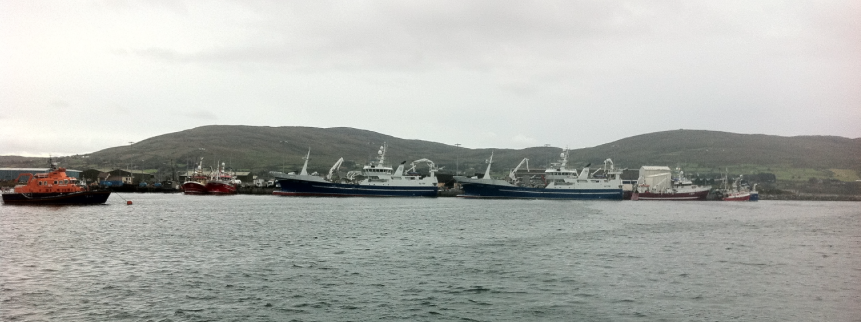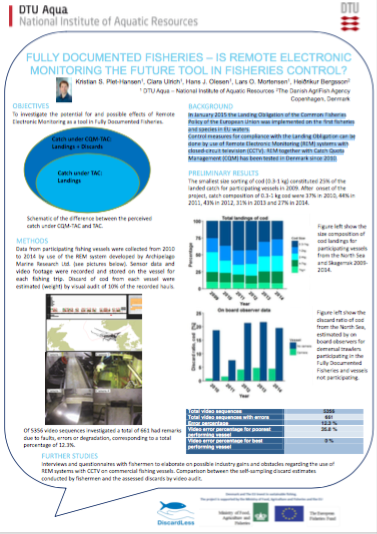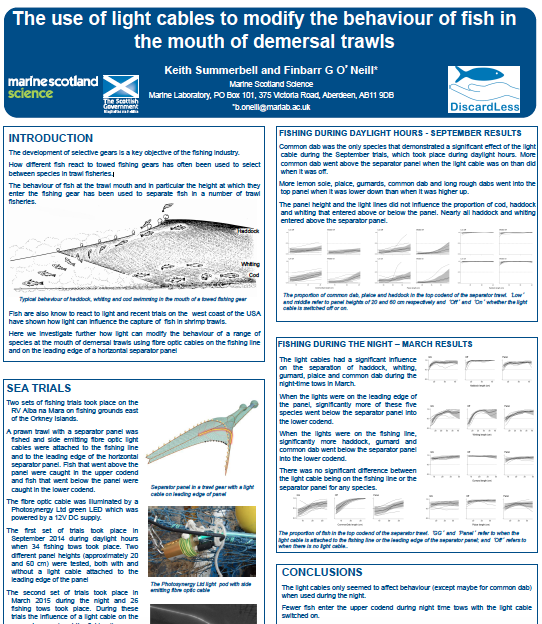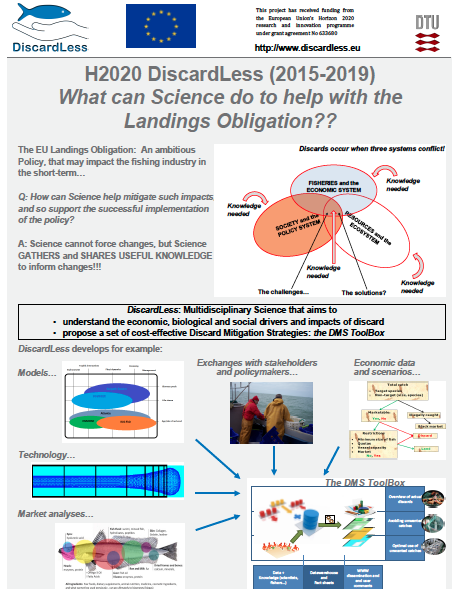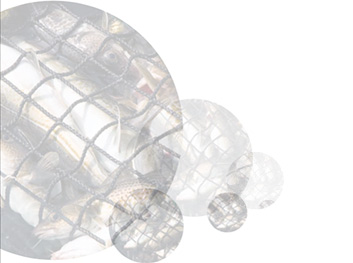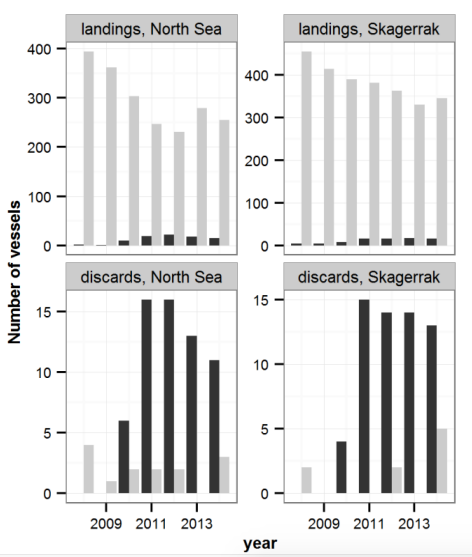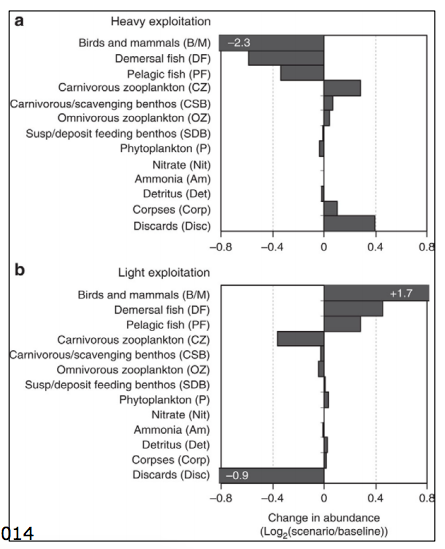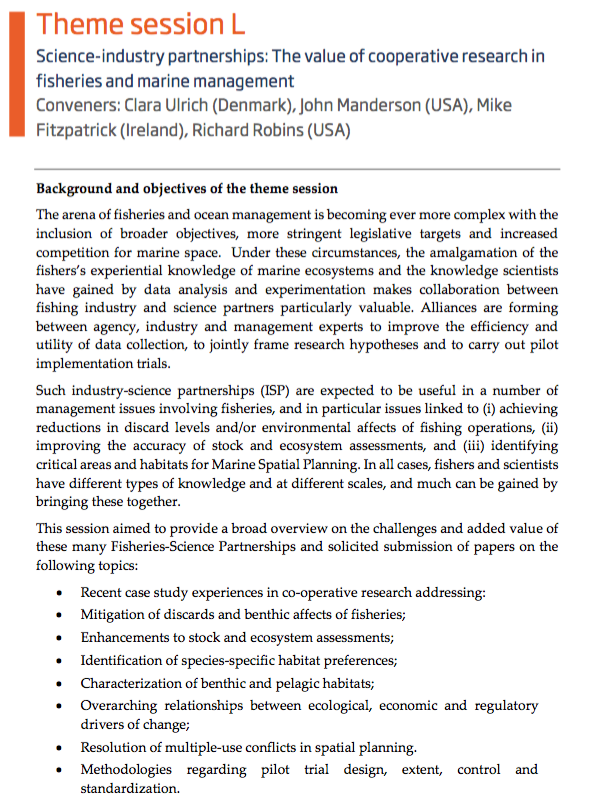DiscardLess helps provide the knowledge, tools and technologies as well as the involvement of the stakeholders to achieve the gradual elimination of discarding. These will be integrated into Discard Mitigation Strategies (DMS) proposing cost-effective solutions at all stages of the seafood supply chain.
The first focus is on preventing the unwanted catches from ever being caught.
The second focus is on making best use of the unavoidable unwanted catch.
DiscardLess evaluates the impacts of discarding on the marine environment, on the economy, and across the wider society. We evaluate these impacts before, during and after the implementation of the landing obligation, allowing comparison between intentions and outcomes.
Latest
This Policy Brief provides an overview of the current status, initial experiences, barriers, and opportunities with regard to applying the LO in mixed demersal fisheries in the North Sea, North…
This report presents and discusses experience with implementing discard polices based on four lines of work. First, a comparative examination was conducted of selected cases worldwide where discard bans have…
The overall rationale behind this deliverable is to clarify the views of managers in the DiscardLess case studies on which management measures or tools they favour with regards to implementation…
Video
Published: 30.01.2019
DiscardLess - What have we learned?
In a big change to fisheries, the wasteful practice of throwing fish overboard this month became illegal in waters of the European Union. Scientists believe the policy will incentivize vessels…
The Common Fisheries Policy of the EU is currently implementing a landing obligation, which will require fishermen to land all catches that are subjected to catch limits (with some minor…
This open access book provides a comprehensive examination of the European Landing Obligation policy from many relevant perspectives. It includes evaluations of its impacts at economical, socio-cultural, ecological and institutional…
Fisheries science and fisheries management advice rely on both scientific and commercial data to estimate the distribution and abundance of marine species. These two data types differ, with scientific data…
The Irish fishing fleet is subject to monthly quotas which are designed to ensure an equal share between vessels and to spread uptake throughout the year. This monthly quota system…
Rigid fisheries management frameworks often leave fishers with limited possibilities and incentives to adjust the selectivity of their gears to the specific fishing conditions. Implementation of the landing obligation in European fisheries emphasizes fishers…
In contrast to the vast majority of European maritime territories, the Azores is an isolated oceanic archipelago in the North East Atlantic characterised by small-scale hooks-and-lines fisheries. Yet, in spite…
This Deliverable is principally intended to provide the results of the three “Challenge” trials carried out under Task 4.2 the Fisherman’s story – “challenge” experiments. As the “challenges” included both…
The introduction of the Landing Obligation (LO) is one of the most significant reform elements in the 2013 Common Fisheries Policy (CFP). In order to assess how the LO performs…
A likely side-effect of introducing the landing obligation of the 2013 Common Fisheries Policy into mixed fisheries is the occurrence of the “choke species” problem. When discarding no longer is an…
Video
Published: 28.02.2018
The DiscardLess project is now in its third year and the results are starting to come in. This movie summarises the state of advancement, with a more specific focus on…
Video
Published: 26.01.2018
Understanding and developing fishing gear to reach DiscardLess goal
The Landing Obligation is legislation meant to gradually reduce discards in European fisheries from 2015. Identifying spatial patterns of landings and discards is an important element in mitigating the effects…
Video
Published: 03.10.2017
This video describes necessary steps for achievement of DiscardLess goals.
The European Union Common Fisheries Policy has established a discard ban, which states that fish below a reference size cannot be sold directly for human consumption. In a fishing effort-regulated…
Selection by the codend has been the subject of much research over the past thirty years, with trials in artisanal and industrial fisheries around the world. These studies typically test only a few gears,…
Video
Published: 26.06.2017
Stakeholders and scientists met in Rome on 9-10 March 2017 to discuss the EU Landing Obligation.
Using the Bay of Biscay and Celtic Sea area as a case study, we showed how stock-assessments and trophic models can be useful and complementary tools to quantify the fishing…
The improvement of fishing technology has been detrimental to the sustainability of fisheries, which is particularly clear for the bottom trawl fishery. Reducing its environmental impact is a key point…
The objective of this study is to analyse at fine scale the annual, seasonal and spatial distributions of several species in the Eastern English Channel (EEC). On the one hand,…
A meta-analysis is presented of fishing trials that use trawl gear with horizontal separator panels to direct fish into an upper or lower codend. The analysis is applied to eight…
Catching fish in proportion to their productivity, termed balanced harvesting, has been suggested as a basis for the ecosystem approach to fishing. Balanced harvesting has been criticized as uneconomical and…
The Marine Strategy Framework Directive intends to adopt ecosystem-based management for resources, biodiversity and habitats that puts emphasis on maintaining the health of the ecosystem alongside appropriate human use of…
Understanding the link between fish and their habitat is essential for an ecosystem approach to fisheries management. However, determining such relationship is challenging, especially for deep-sea species. In this study,…
Fisheries policy is increasingly influenced by civil society organizations. The newest example of this is the formulation of the landing obligation, a regulation that should reduce the contested practice of…
Skippers, owner/skippers and shore based managers representing a wide range of fisheries and countries (Ireland, Denmark, Spain-the Balearics, France-Eastern Channel, Greece-North Aegean Sea, and Portugal-Azores) were interviewed regarding their views…
After many years of Common Fisheries Policies in the European Union, 88% of stocks are still being fished beyond their Maximum Sustainable Yield. While several Member States and the European…
The second Policy Brief provides an overview of the current status of the Landing Obligation in the Mediterranean. It summarises stakeholder experiences and concerns and highlights emerging barriers and opportunities with regard…
Video
Published: 26.04.2017
In this video we explain the role of stakeholders along with their relation to the DiscardLess project.
The work presented in this report focuses on the four previously mentioned fleet types that provide a relatively good cross-section of important EU fleets that are to be heavily affected…
In this manual we describe the different stages of the fish capture process, highlight how different parts of the gear may influence selection and identify possible design changes which can…
The 2013 Common Fisheries Policy introduced a landing obligation on a range of species, bringing more focus on the full accountability of all catches. To investigate the potentials and challenges…
A key challenge for fisheries science and management is the access to reliable and verifiable catch data. In science, the challenge is to collect reliable, precise and traceable data to…
This study focuses on Danish fishery inspectors and on fishers with Remote Electronic Monitoring (REM) experience, whose opinions are less well known. Their views on the landing obligation and on…
This DiscardLess policy brief focuses on initial experiences with implementation of the Landing Obligation in the Baltic and Pelagic fisheries. It summarises the discard plans in these fisheries, presents stakeholder…
Discard bans have been proposed as part of management policies aimed at balanced harvest (BH). Nationwide discard bans exist in several coun- tries, including Chile, the European Union, Norway, and…
Achieving single species maximum sustainable yield (MSY) in complex and dynamic fisheries targeting multiple species (mixed fisheries) is challenging because achieving the objective for one species may mean missing the…
This is the reference document of the Workshop on "The discard ban and its impact on the Maximum Sustainable Yield objective on fisheries" of 16th June 2016, organised by the…
Video
Published: 02.06.2016
Project coordinator and Professor Clara Ulrich, DTU Aqua, Denmark and two other project scientists describe the purpose of the scientific project 'DiscardLess', and explain some of the basic concepts and…
Landing obligation (LO) has become a core element on the Common Fisheries Policy (CFP). In this work a bioeconomic simulation tool is used to anticipate the effects of LO in…
Video
Published: 12.04.2016
At the first annual meeting in Boulogne March 2016, the partners in the Discardless project met to discuss progress and upcoming challenges with the newly implemented landing obligation in European…
The article looks at the effect the introduction of the landing obligation has had on EU fisheries for the last year. It tries to answer these questions: is the landing…
A global assessment of fishing patterns and fishing pressure from 110 different Ecopath models, representing marine ecosystems throughout the world and covering the period 1970 – 2007, show that human…
Since “balanced harvest” was proposed in 2010 as a possible tool in the operationalization of the Ecosystem Approach to Fisheries (EAF), the concept gained extensive international attention. Because maintaining ecosystem…
Under the ecosystem approach to fisheries, an optimal fishing pattern is one that gives the highest possible yield while having the least structural impact on the community. Unregulated, open-access African…
Conventional fisheries management encourages highly selective fishing patterns for various purposes, such as increase relative yield, reduce unwanted by‐catch, protect various species or sizes and rebuild ecosystems. Recent empirical and…
Identification and analysis of current and expected supplies of unavoidable, unwanted catches (UUC) once the landing obligation has been implemented. The analysis includes a review of historical discards data, on…
The objective of this deliverable is to present basic back-ground information on discard mitigation issues and the available tools for battling the discard problem. Most of the discard issues and…
Video
Published: 08.12.2015
The video is from "The Atlantic: our shared resource", which focused on cooperation across the Atlantic Ocean, primarily between Canada and USA, through the "Galway Statement". Here, several H2020 project coordinators were invited to…
Economic and social indicators (D2.2) : in D2.2, the economic and social criteria to evaluate discard mitigation strategies are identified. These criteria can be divided in three groups: changes in…
Ecological indicators (D1.2) : In D1.2, DiscardLess defined the criteria and indicators to be used in determining the effects of discards on marine ecosystems. The indicators have been developed to…
In this report (In Danish) we gather knowledge and experience from fishing gear selectivity trials conducted in Danish waters over the last decade. The primary focus is on the by-catch of…
Fishery scale (D2.1): D2.1 is a review of knowledge base of the economic and social aspects of and incentives to discarding. The review is based on (i) a literature survey…
Ecosystem-scale (D1.1) : Discarding of aquatic organisms is a global problem in the world’s fisheries. The present document attempts to understand why discarding occurs, how discarding can be reduced, the…
Video
Published: 28.01.2015
By Jordan Feekings and Ludvig Krag


